Shobita Parthasarathy joins NASEM to advance science communication
She will help to advance ethical, inclusive science communication and help shape policies that build public trust in science.
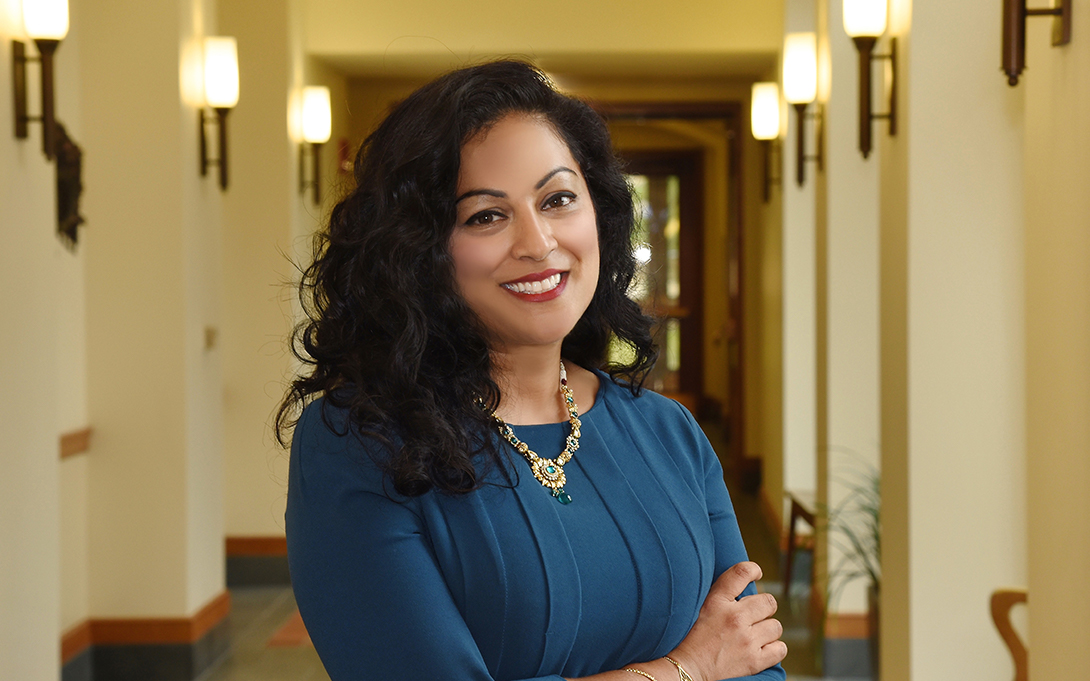 Shobita Parthasarathy / University of Michigan
Shobita Parthasarathy / University of Michigan
Shobita Parthasarathy, an Indian-American policy expert, was appointed to the National Academies of Sciences, Engineering, and Medicine (NASEM) standing committee on advancing science communication.
Formed in 2016, the committee promotes ethical, evidence-based science communication by supporting research, collaboration, and institutional capacity-building across fields. Parthasarathy was selected for her extensive work at the intersection of emerging technologies, ethics, and public policy, with a particular focus on equity and justice in science and innovation, according to a statement.
Also read: Virginia Governor appoints Indian Americans to key posts
A professor at the University of Michigan’s Gerald R. Ford School of Public Policy, Parthasarathy serves as the director of its science, technology, and public policy program. Her research examines the governance of science and technology and the politics of evidence and expertise in policymaking.
She is especially known for her scholarship on artificial intelligence, biotechnology, and inclusive innovation policy. She also co-hosts The Received Wisdom podcast, which explores science and technology’s role in shaping society.
Parthasarathy has served on key National Academies committees and led research funded by the NSF, Ford Foundation, and Wellcome Trust. A former fellow of the Max Planck Institute and the Wilson Center, her work focuses on equity in innovation systems and technology governance. She also directs the Technology Assessment Project, analyzing technologies like facial recognition and large language models.
“I am particularly excited to provide expertise on how scientists and engineers can develop more equitable and inclusive relationships with the communities they aim to serve, and the kinds of structures and policies that academia and government can adopt to foster more trustworthy science and technology,” Parthasarathy said.
The committee includes experts in public health, journalism, and data science from institutions such as the American Enterprise Institute, The COVID States Project, The Open Notebook, and Ciencia Puerto Rico. Academic members come from Duke University, Harvard Medical School, Cornell University, Indiana University, and Morehouse School of Medicine.
ADVERTISEMENT
ADVERTISEMENT
E Paper
Video




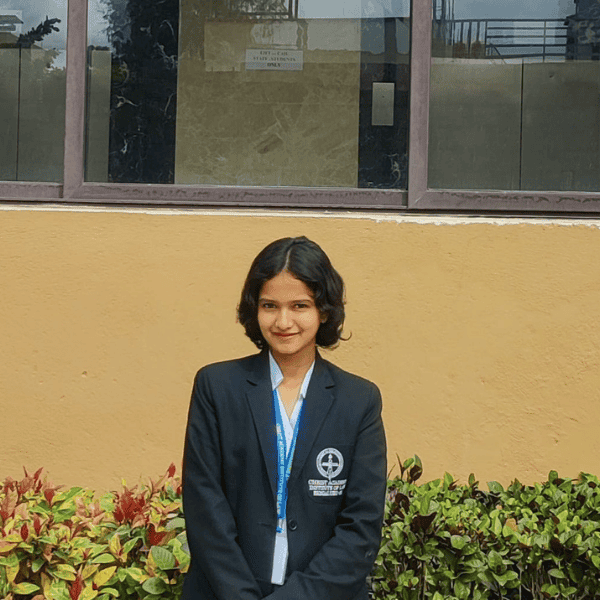 Bhavana P
Bhavana P

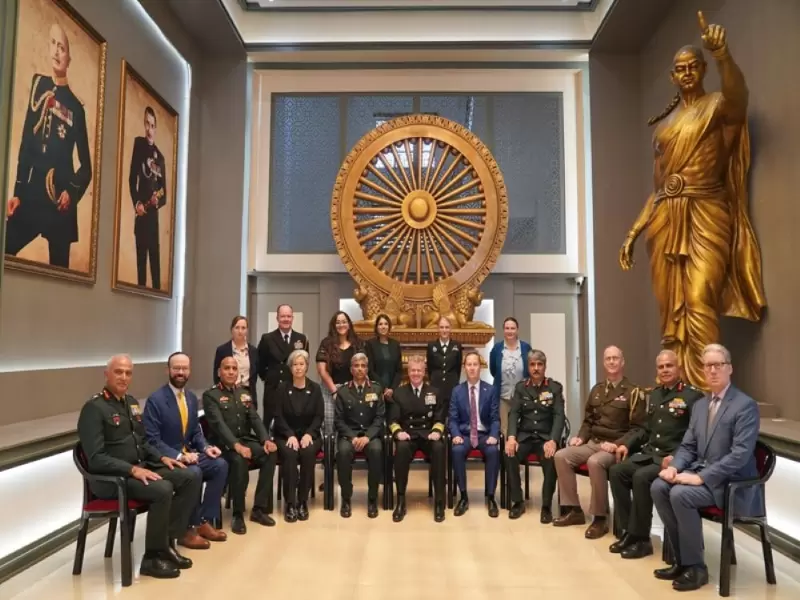

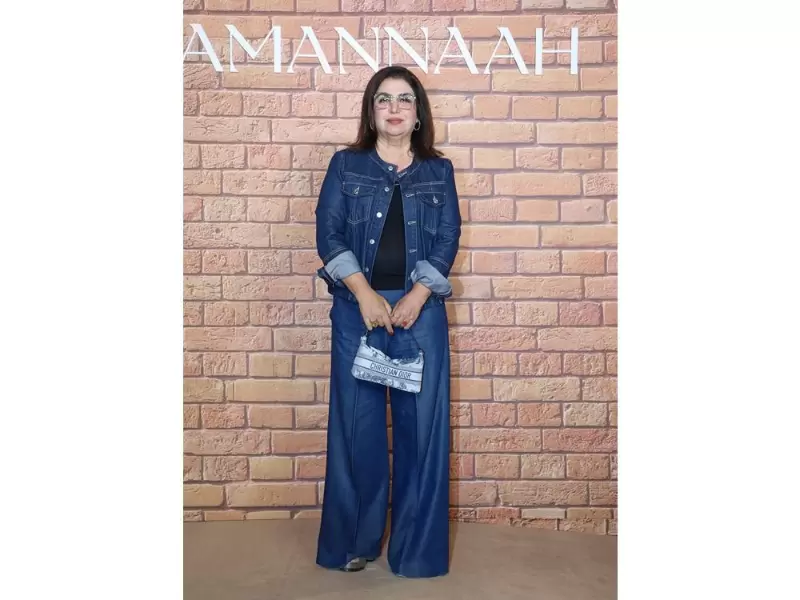
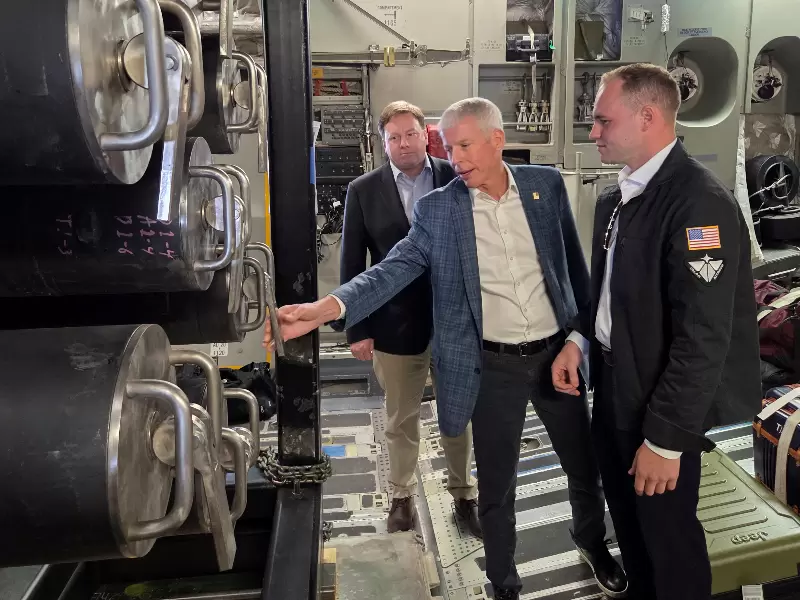
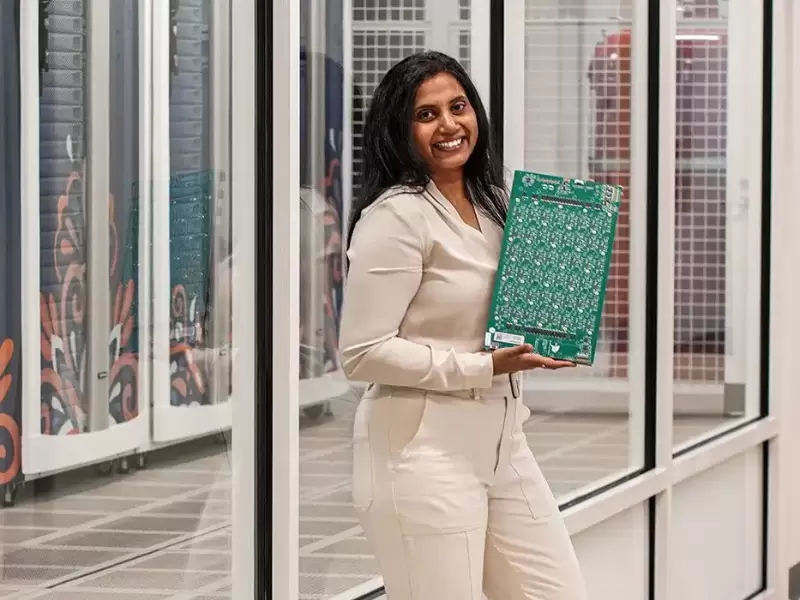
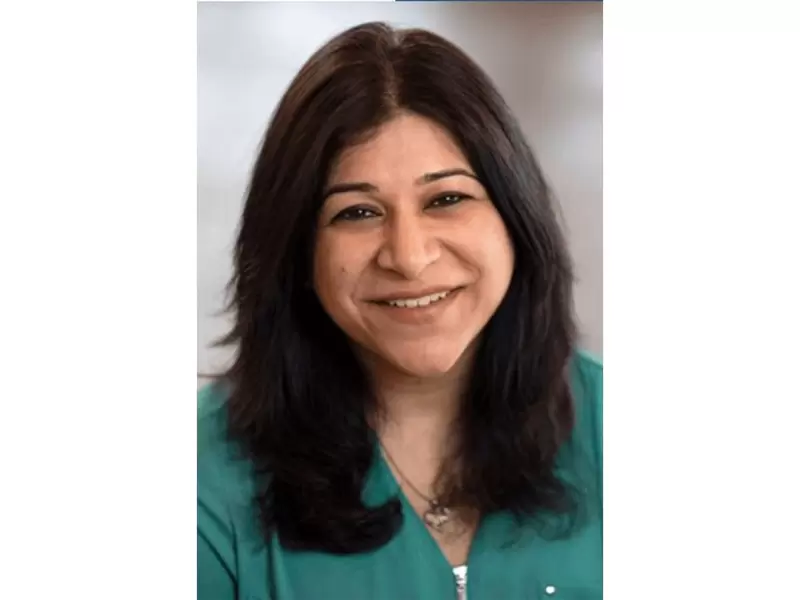
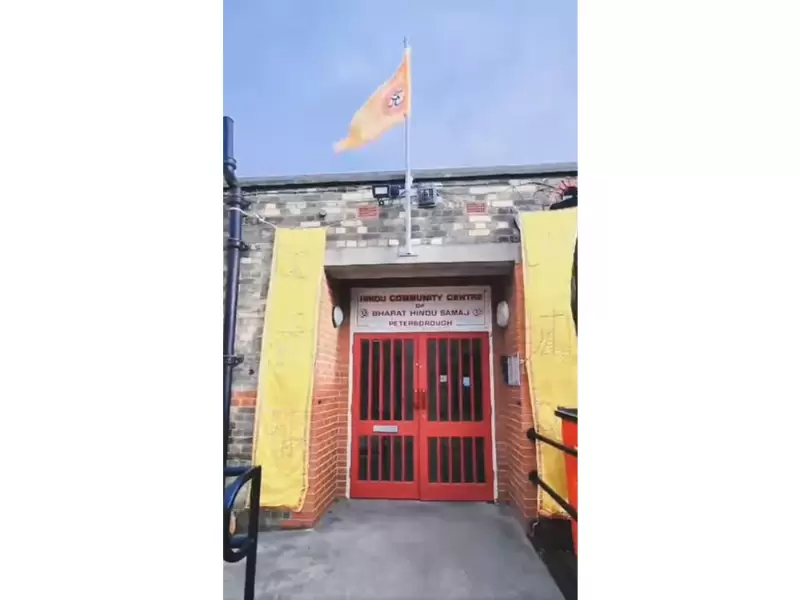
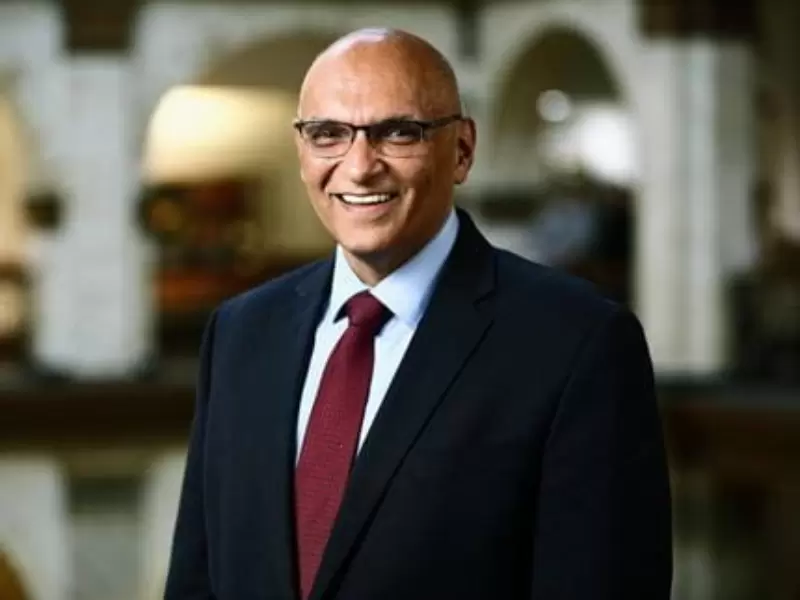
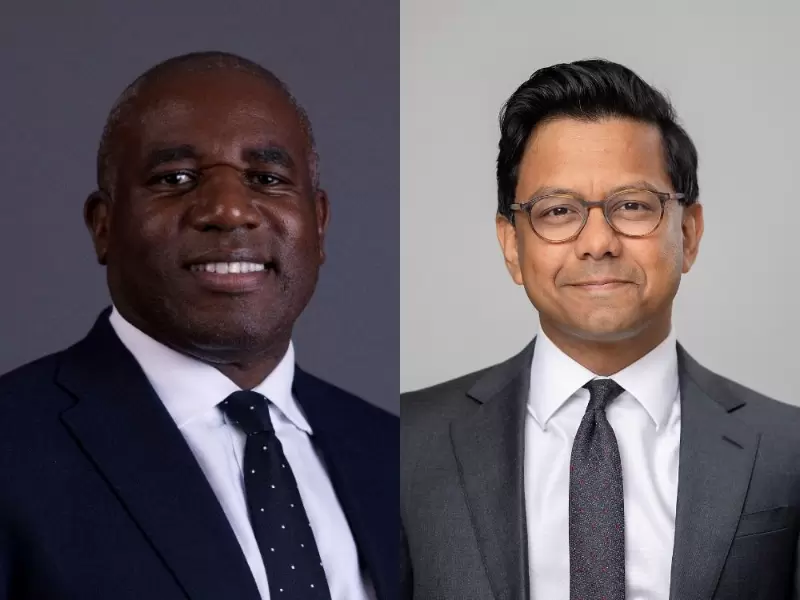
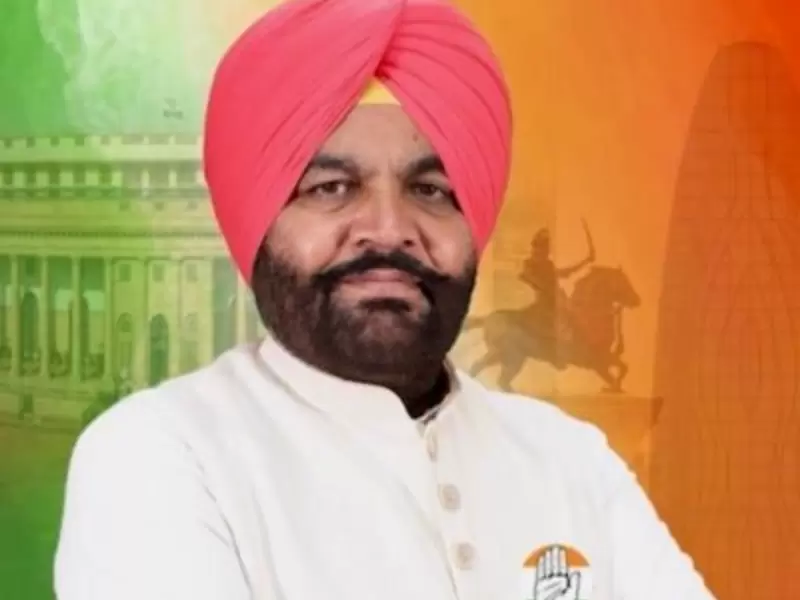


Comments
Start the conversation
Become a member of New India Abroad to start commenting.
Sign Up Now
Already have an account? Login